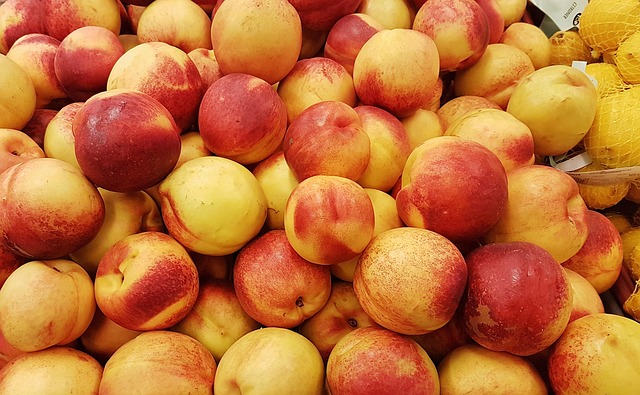The phenomenon of weird canned foods, epitomized by the Canned Raccoon, is a fascinating and multifaceted cultural curiosity. These novelty items, such as the Canned Raccoon, are designed for humor rather than consumption, serving as gag gifts that challenge societal norms and spark conversations about edible species, conservation, and the ethical implications of wildlife exploitation. The Canned Raccoon and similar weird canned food products not only entertain but also navigate a complex web of legal regulations aimed at consumer safety and wildlife protection. They have gained notoriety on social media platforms, exemplifying how creative concepts can achieve viral status in the digital age. This niche market showcases humanity's inventive spirit in food preservation, pushing the boundaries of what is considered acceptable cuisine while also providing a humorous take on the unusual and the unexpected.
Exploring the whimsical realm of peculiar consumables, this article delves into the intriguing world of weird canned foods. Among these, the enigmatic canned raccoon stands out as a prime example of culinary curiosity and gag gift prowess. From its rise to viral fame to the ethical and legal debates it stirs, we unravel the layers behind this novelty item’s creation and appeal. Join us as we navigate the quirky aisles of unconventional cuisine, where canned raccoon reigns supreme as a humorous homage to unusual preserves.
- Exploring the Quirky World of Weird Canned Food: The Curious Case of Canned Raccoon
- Canned Raccoon as a Gag Gift: A Humorous Take on Unusual Preserves
- Unpacking the Novelty: What's Inside Cans of Canned Raccoon?
- The Making of Mischief: How Canned Raccoon Became an Internet Sensation
- Ethical and Legal Considerations Surrounding Canned Raccoon Sales
Exploring the Quirky World of Weird Canned Food: The Curious Case of Canned Raccoon
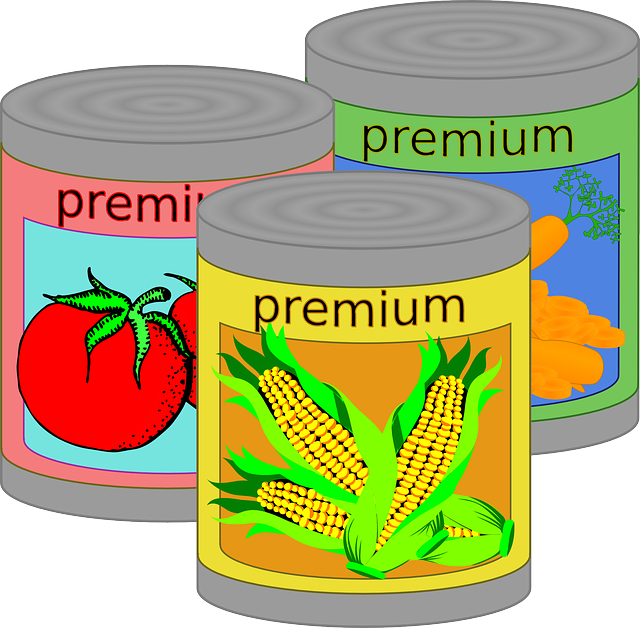
Venturing into the realm of culinary curiosities, one finds a peculiar entry in the annals of canned food history: the canned raccoon. This quirky delicacy, or more accurately, gag gift, is emblematic of the broader world of weird canned foods that have both fascinated and baffled consumers since their inception. The practice of canning animals that are not traditionally consumed, such as raccoons, serves as a testament to humanity’s innovative yet occasionally whimsical approach to food preservation. These canned critters, often found as novelty items rather than genuine food products, raise questions about cultural norms and the boundaries of edible species. The canned raccoon, in particular, is a conversation starter, challenging societal perceptions of what constitutes acceptable fare and sparking debates among food enthusiasts, conservationists, and the merely curious. It’s a stark reminder that within the world of weird canned food, the boundaries are as limitless as human ingenuity itself.
Canned Raccoon as a Gag Gift: A Humorous Take on Unusual Preserves
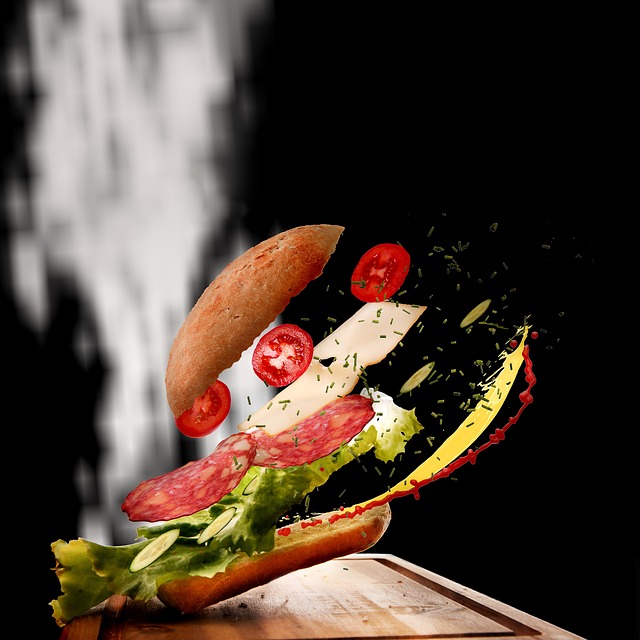
The concept of a Canned Raccoon might strike one as an odd entry into the world of preserved foods, yet it stands as a quirky testament to human creativity in the realm of gag gifts. This novelty item is designed to elicit chuckles and surprise rather than satiate hunger. Its existence pokes fun at the idea of canned food while delivering a humorous twist on the unusual preserves that one might encounter. The Canned Raccoon, often complete with a realistic molded exterior, is a perfect example of ‘weird canned food’ – a niche that celebrates the unconventional and whimsical side of food presentation. It’s a playful nod to the myriad of bizarre canned goods that exist, from pickled penguins to canned clouds, all designed for amusement rather than consumption. As a gag gift, it serves as an unexpected yet delightful practical joke or a conversation starter, bringing a touch of whimsy and humor to any gathering or as a unique addition to a collection of peculiar memorabilia.
Unpacking the Novelty: What's Inside Cans of Canned Raccoon?

When one comes across “Canned Raccoon” on a store shelf, it’s immediately clear that this item is far from ordinary canned food. This peculiar gag gift is a prime example of weird canned food that has garnered attention for its novelty rather than its edibility. Inside each can, one doesn’t find actual raccoons, but rather a lifelike, taxidermied raccoon complete with posable limbs and a realistic fur texture. The can itself is typically adorned with labels that mimic those of traditional food items, playing into the surprise and amusement of the unwitting recipient. It’s a harmless prank that doubles as an absurd art piece, piquing curiosity and eliciting reactions from those who encounter it. The creators of this quirky item have tapped into a niche market of humorous gifts, where the unexpected joy of opening the can to reveal a “meal” of unexpected proportions becomes a memorable moment, often captured on video for sharing online. This product exemplifies the genre of weird canned food that challenges our expectations and provides an unusual blend of humor and taxidermy, making it a unique conversation starter and a delightful oddity.
The Making of Mischief: How Canned Raccoon Became an Internet Sensation
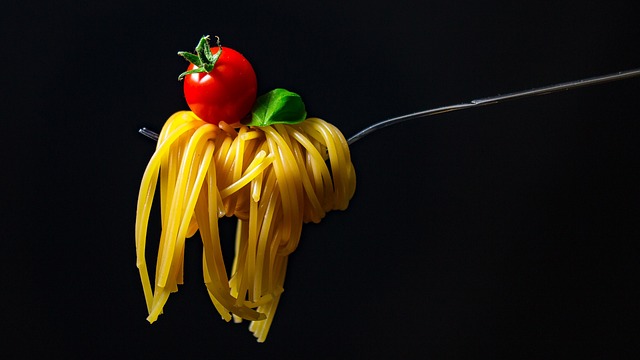
The phenomenon of the Canned Raccoon, a gag gift that has captured the attention of countless internet users, is a quintessential example of how an idea can go viral in the realm of social media. The concept originated as a humorous take on the curious world of weird canned food items. Manufactured to resemble the notorious masked bandit known for its mischievous antics, the can contains a raccoon preserved in brine, complete with its distinctive markings. This peculiar product taps into the novelty market, appealing to those with a penchant for unusual novelties or those looking for an unconventional gift to elicit a reaction. Its launch onto the market was met with a mixture of bewilderment and fascination, sparking discussions across various online platforms. The visual novelty of a raccoon in a can, coupled with the surprise element when the can is opened, resonated with social media users, quickly propelling it to viral fame within the niche of weird canned food products. As the Canned Raccoon gained traction, it became a symbol of internet culture’s appreciation for the unusual and the macabre, showcasing how a product can become an internet sensation by capitalizing on the unconventional and the comedic. The surge in popularity is a testament to the power of social media to amplify unique products, transforming them into objects of curiosity and conversation.
Ethical and Legal Considerations Surrounding Canned Raccoon Sales
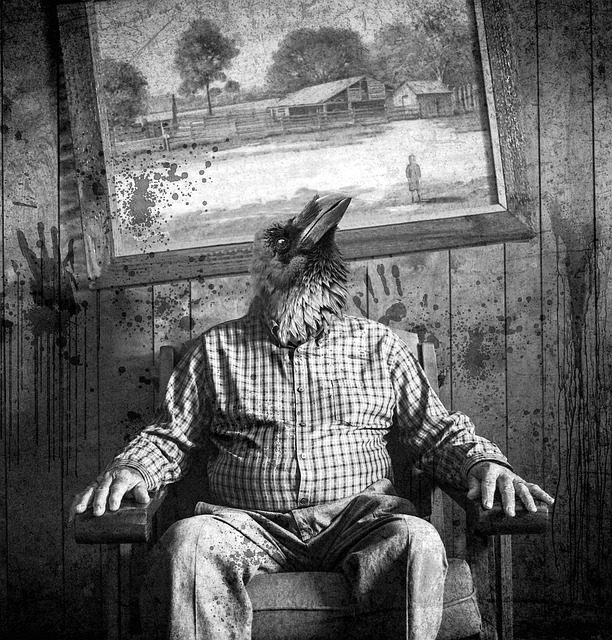
The concept of a canned raccoon as a gag gift raises numerous ethical and legal considerations, particularly in the realm of animal welfare and consumer protection laws. From an ethical standpoint, the production of canned raccoons, or any animals for novelty purposes, invites scrutiny. Critics argue that such products trivialize wildlife conservation efforts and perpetuate a disregard for animals’ intrinsic value beyond their utility to humans. The source of these animals is often a point of contention; concerns arise about whether the raccoons are humanely sourced or if they are wild animals captured for commercial purposes, potentially leading to population imbalances and ecological disruptions.
Legally, the sale of canned raccoons must adhere to various regulations designed to protect both consumers and wildlife. In many jurisdictions, there are laws that govern the trade and use of exotic or non-domesticated animals, which may prohibit or restrict their exploitation for commercial gag gifts. Additionally, consumer protection laws safeguard against products that may be misleading or pose health risks. It is imperative for vendors to ensure compliance with these laws to avoid legal repercussions and maintain ethical integrity in the marketplace. The unique nature of this product, as an example of weird canned food, positions it at a crossroads of consumer interest and legal scrutiny, making it a subject of ongoing debate.





